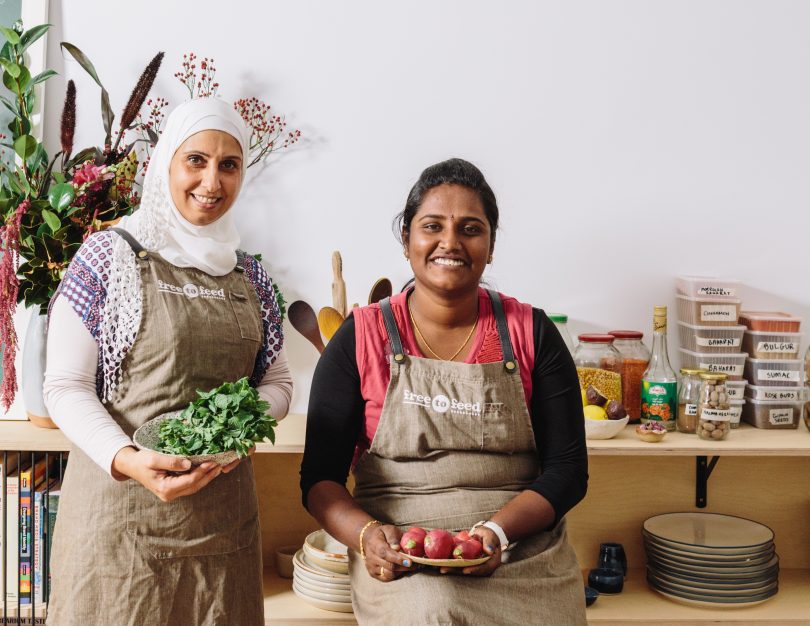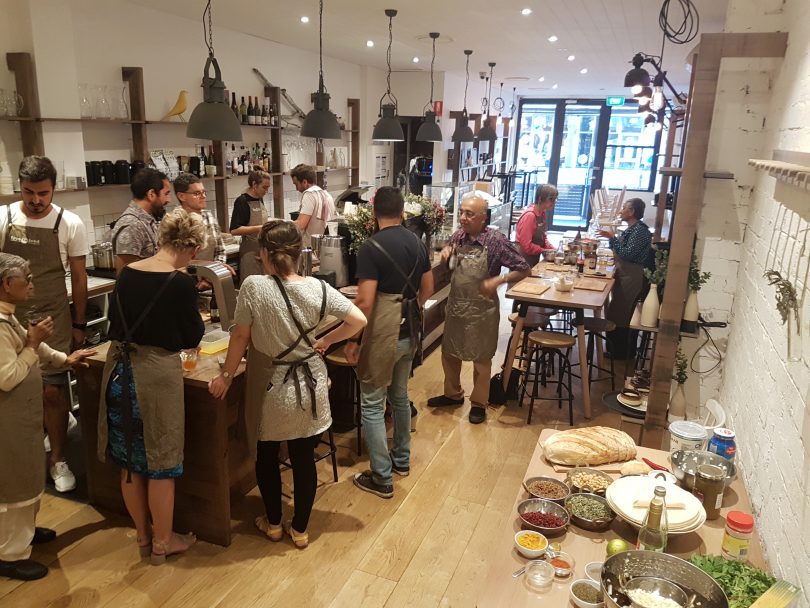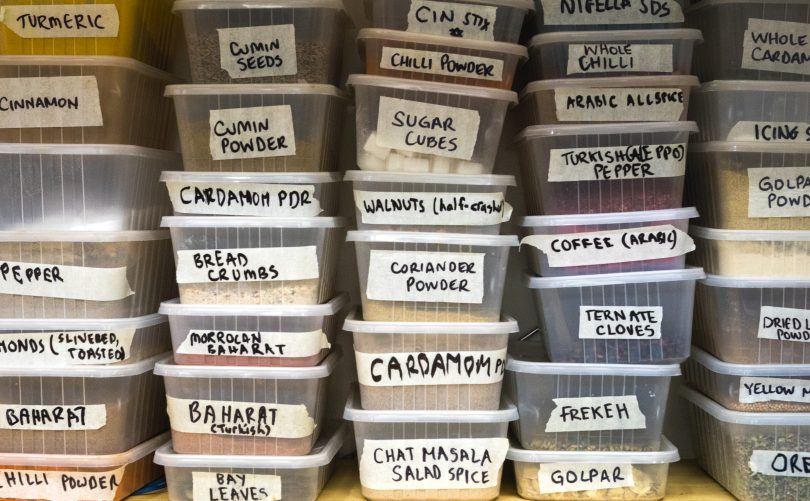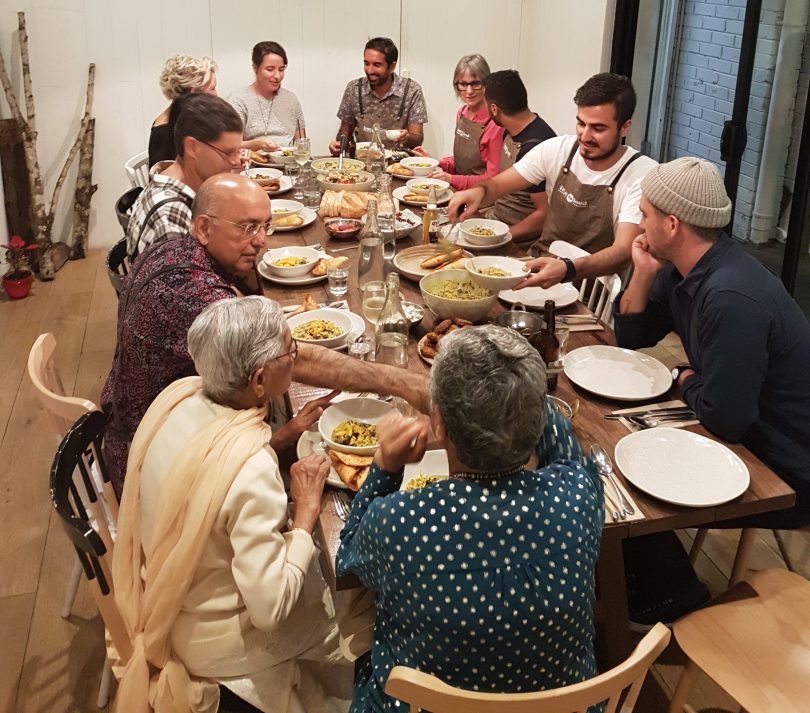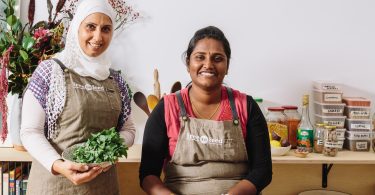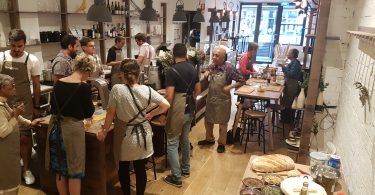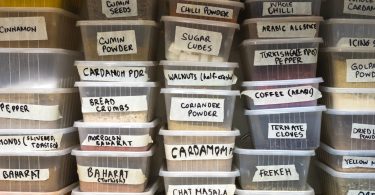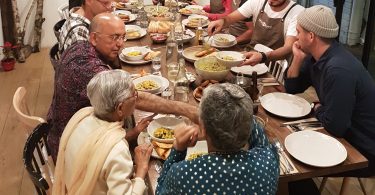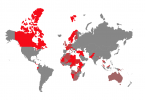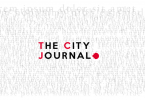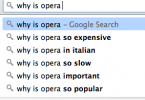Of the many challenges refugees and asylum seekers face upon resettlement, social isolation and lack of employment opportunities rank among the most pressing.
Free to Feed is a Melbourne enterprise looking to tackle these issues, with the help of the public. The idea behind the project is reasonably simple; cooking instructors, who are also refugees and asylum seekers, are booked to come share their know-how and skills while working to connect with class attendees.
The idea came about from co-founder Loretta Bolotin’s background in volunteering and working for large scale charity organisations. Daniel Bolotin, husband, co-founder and projects lead says the project has thrived in the 18 months since they launched.
Free to Feed: Asylum seekers cooking in people’s homes – The Feed
FreetoFeed employs asylum seekers to cook their national food and share their stories in people’s homes and at cafes. Producer Marty Smiley went to dinner.F…
“Basically, we started it because we wanted to deal with two particular issues that people seeking asylum and refugees who are living in the community were facing or are facing, which are social isolation and challenges finding meaningful paid work. So that was our broad intention,” he says.
“It’s evolved quite quickly in bringing it to where it is now, where we’re really focused on the entrepreneurialism and the enterprises of refugees, new migrants and asylum seekers in the food space”.
While classes can be taken at their Thornbury base, part of the Free to Feed experience is the opportunity to invite the instructor into your home to conduct the cooking class. This creates an active sense of welcome, says Bolotin.
“It makes good businesses sense in that we are lowering the barrier for entry for our project. We’re a social enterprise, we have a social mission but if we just were physically located in Thornbury … people from South Yarra or St Kilda or whatever it is, might just be that much more hesitant to take a class and have the experience. If we come to them there’s less excuse not to get involved,” explains Bolotin.
“But the more important reason is because it’s that social integration thing. If you talk about welcome, the idea of the Australian community welcoming people seeking asylum, what more beautiful way to do that than to have them come into your home and teach you and your friends?”.
Hamed teaching us how to make a Persian feast & sharing his story #freetofeed #refugeeswelcome #melbourne pic.twitter.com/hMLOIE5Ld5
— Gii A Bee (@GiiABee) June 4, 2016
The response to the program has been overwhelmingly positive, from both sides of the experience.
“The benefits to [the instructors] are… I always want to say, imagine you’re a stranger in a strange land. You have no permanent visa status, your qualifications aren’t accepted, and you’re feeling quite isolated etcetera, so if you just put yourself in that mind frame for a second, it’s probably easier to understand what the benefits of the program are,” Bolotin says.
Free to Feed provide their instructors with training and support to get their qualifications as cooking class teachers.
“We also get them in front of small groups of people regularly where it’s not only beautiful and heartwarming but they’re also getting feedback on their dishes and on their presentation styles and they’re getting a wage! They’re getting work where they struggled to find any work before.
“Their confidence has improved, their language… we certainly aren’t the silver bullet to all of their issues, they lead very complicated lives, but we are a positive influence”.
…we certainly aren’t the silver bullet to all of their issues, they lead very complicated lives, but we are a positive influence
The benefits of the program reach further than those for the instructors. Bolotin says one of the core benefits of Free to Feed is the ability to break barriers between the public and their instructors.
“What I’m finding is that people are relieved, excited, humbled, so happy to be there because they, like us the wider community, feel isolated from being able to connect with the asylum seeker journey, with the experiences of refugees because there are really limited opportunities to directly interact and communicate,” he says.
“In buying a ticket they’re helping us address the employment issue and then in attending the class, they’re helping us address the social isolation issue. They’re actually tangibly able to do something in response to these issues which is the whole reason why we started it”.
One of the main objectives of the program is to put a human face on the issue of asylum seekers, says Bolotin. Free to Feed are hoping to provide an alternative to the politicised views provided by mainstream media.
“We’re not advocating anything in particular, and we’re not a political organisation but we are giving people the space to have a conversation and ask questions and kind of make up their own minds with a bit more ‘real’ information I’d say”.

